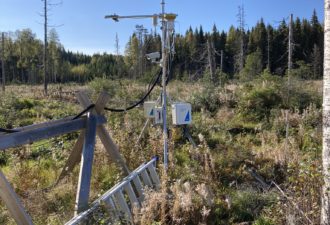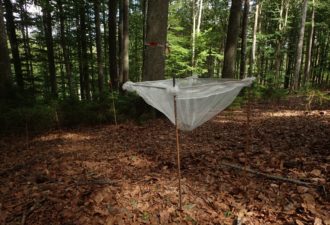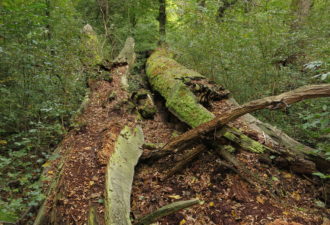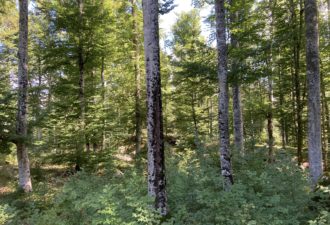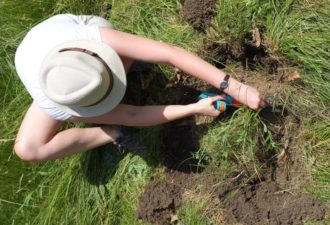
Environmental Microbiology
Baldrian lab
Research covers ecology, physiology and biochemistry of microorganisms (especially fungi and bacteria) in the environment. Drivers of environmental microbiomes, physiology of microorganisms in their natural habitats and in laboratory cultures and their contribution to ecosystem processes are studied from individual samples up to the global level. At a global scale, microbial ecology is explored through experimentation and data science, utilizing databases developed by the laboratory: GlobalFungi and GlobalAMFungi. Research also focuses antibiotic resistance, yeast ecophysiology, and biogeography.
Studied ecosystems include forests, grasslands, arctic tundra, agricultural and anthropogenic environments. The research seeks to understand the basic roles of microorganisms in the environment, to analyse and predict the effects of global change and to explore the effects of ecosystem management on biodiversity and ecological processes.
The laboratory cares for the Culture Collection of Basidiomycetes and offers services in high-throughput seguencing and bioinformatics.

What’s new?

Focus of research

Effects of tree harvesting on soil microbime
In the collaboration with the Join Genome Institute and Environmental Molecular Sciences, we study, together with our German and Finnish collaborators the effects of tree harvesting on soil microbime under various conditions of plant root-fungal symbioses: ectomycorrhizal, ericoid mycorrhizal and arbuscular mycorrhizal. Study sites are located in Germany and Finland and microbiology is combined with greenhouse gas monitoring, metabolomics and functional analyses of the forests, such as litter and root production and tree growth. The research is supported by the United States of America Department of Energy that grants us the access to their user facilities.
read more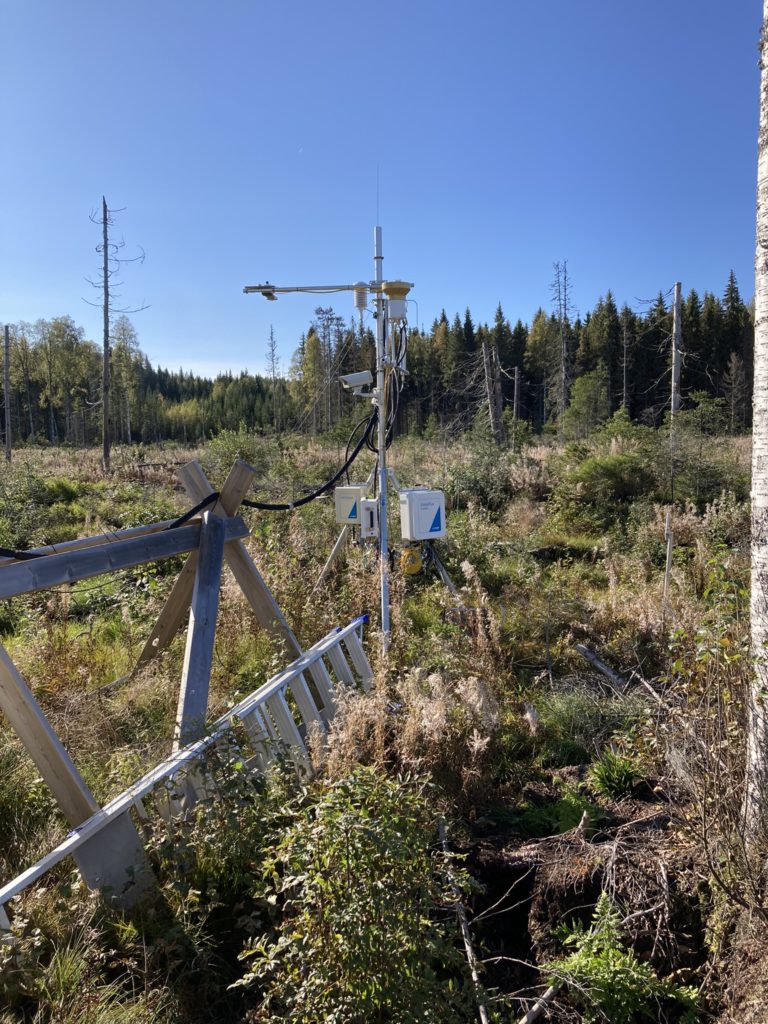
Holistic management practices Forest Soils
Within the EU-funded project HoliSoils – “Holistic management practices, modelling & monitoring for European Forest Soils” we explore the effects of management and ecosystem-level disturbances such as wildfires, deforestation and drought, on microbial processes and C storage in soils. The project also contributes to the development of smart forestry approaches that help to counteract the effects of global change and promote C storage in soils. Within the project, our group is responsible for microbiology and soil chemistry analysis.
read more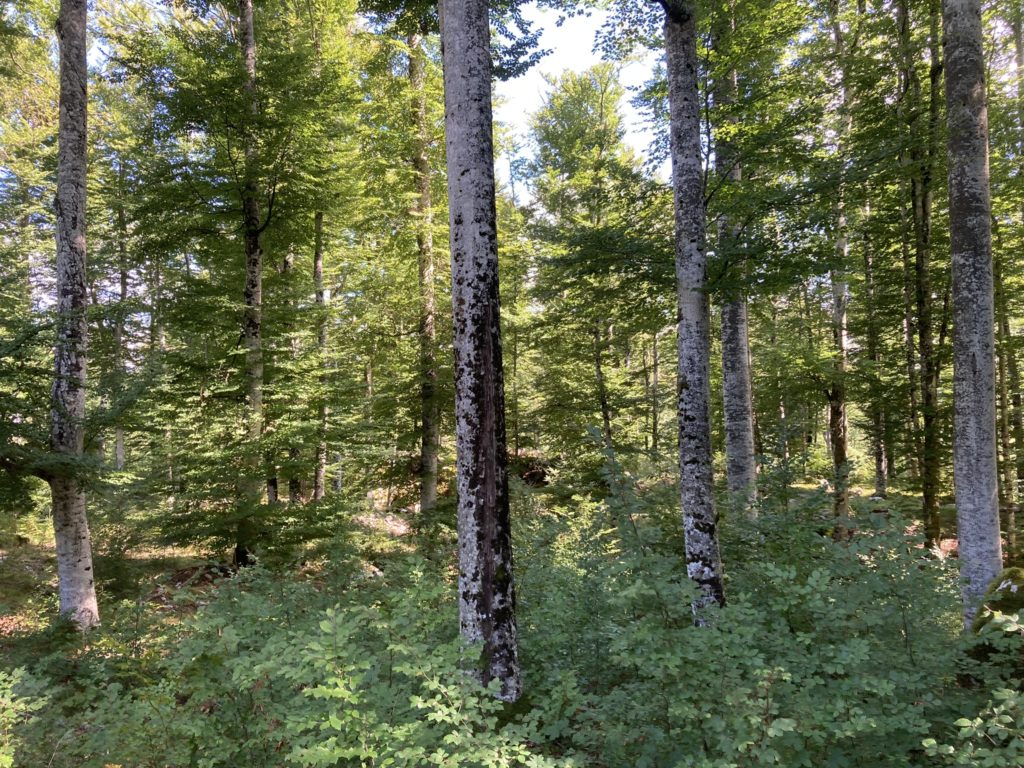
Effects of clearcutting on soil microbiology
Together with our partners from the Slovenia Foresty Institute, we assess the effects of selective harvesting and clearcutting on the microbiology of soils and regeneration of forest stands in calcareous regions in Slovenia. The research seeks to find the optimal strategy to manage these highly productive forests. This project is supported by the Czech Science Foundation.
read more
Microbial communities on dead wood
Deadwood is an important stock of carbon and nutrients in forest ecosystems, especially in natural forests where wood is not harvested. Our research aims to understand the assembly rules of microbial communities that develop on decomposing wood and promote its decomposition and nutrient recycling within ecosystem. The intricate collaboration of fungi and bacteria, as well as insects, results in a plethora of developmental paths that the dead plant biomass may follow. Our deadwood studies include sites in the Czech Republic, e.g. the Zofin Natural Reserve, the longest standing natural forest in Central Europe, as well as in Germany and around the world. Deadwood-related projects are supported by the Czech Science Foundation, Deutsche Forschungsgemeinschaft and European Union.
read more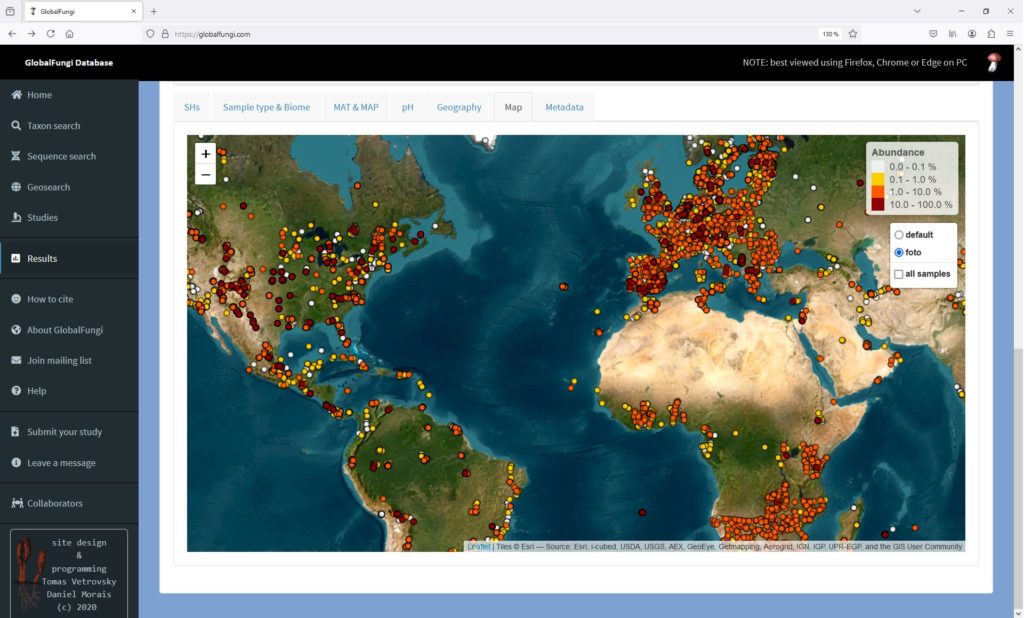
Biodiversity and ecology of fungi
To explore the global biodiversity and ecology of fungi, our group established and maintains the database GlobalFungi, the world’s largest FAIR, publicly accessible database on microbial communities in natural habitats spanning from terrestrial ecosystems to deep ocean. So far, more than 80 000 samples from almost 1000 scientific publications were compiled that give everyone the opportunity to analyse fungi in the global context. The database made it possible to estimate the global fungal diversity at slightly more than 6 million predicted species of fungi and identified the habitats and locations where fungi are underexplored. The sister database GlobalAMFungi contains similar data on the economically important fungi forming arbuscular mycorrhizae that promote the growth of multiple crops and sustain ecosystem health. Database development and maintenance was supported by the Czech Science Foundation and by the infrastructure ELIXIR-CZ.
read morePublic services and cooperation
- Bayreuth University
- CEBAS CSIC, Murcia
- Helmholtz Centre for Environmental Research, Leipzig
- INRAE Nancy
- Institute of Molecular Biology, Sofia
- Natural Resources Institute Finland, Helsinki
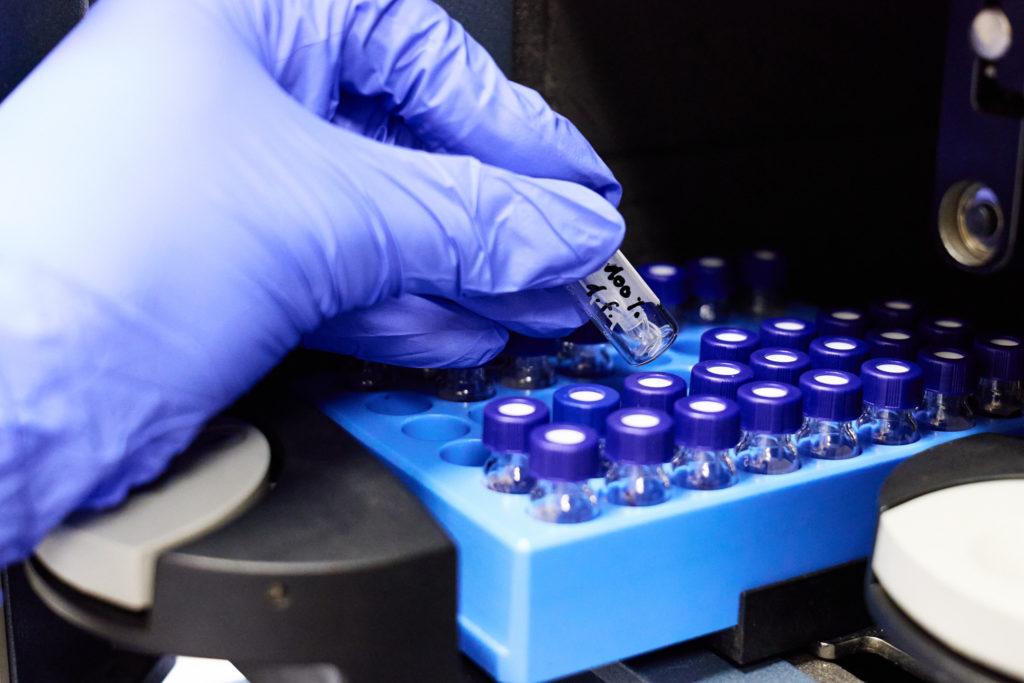
Our publications
Protein Coding Low-Copy rpb2 and ef1-alpha Regions Are Viable Fungal Metabarcoding DNA Markers Which Can Supplement ITS for Better Accuracy
Discovery of nostatin A; an azole-containing proteusin with prominent cytostatic and pro-apoptotic activity
Our team
Meet the members of our Environmental Microbiology Laboratory team
Baldrian Lab
